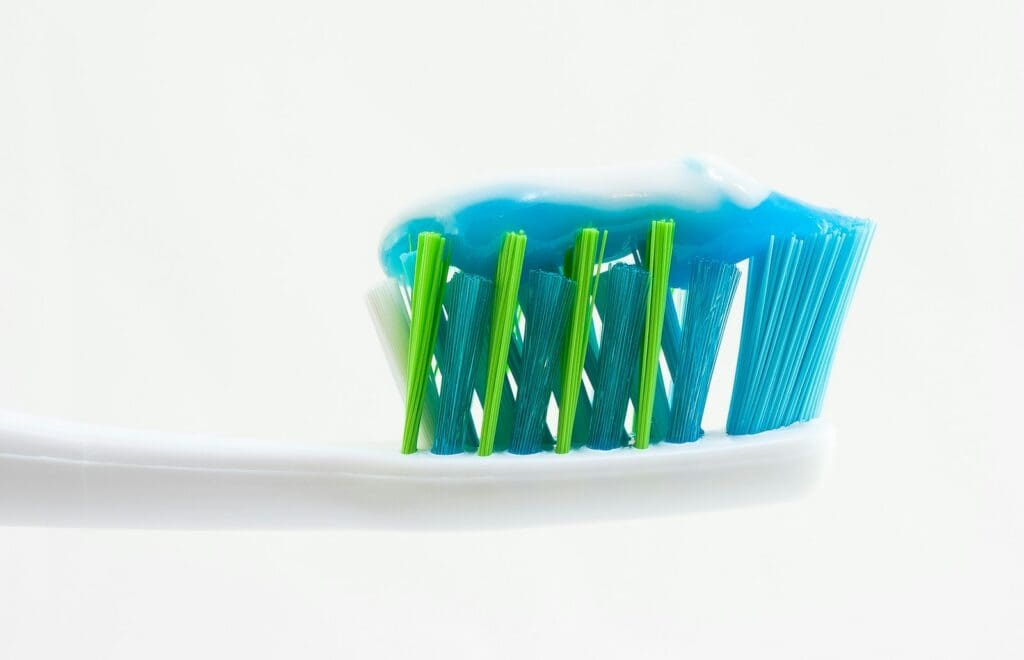
Expert Answers to Common Queries
Dental health is a crucial component of overall well-being, yet it is often enveloped in a cloud of uncertainty and myths. To navigate the complexities of oral hygiene, access to reliable information is indispensable. This article offers a thorough investigation into the top 10 questions commonly posed about dental care, as answered by experienced dental experts. The content is designed to demystify the subject and provide readers with trustworthy guidance rooted in professional knowledge.
From the daily routines that promote optimal dental health to the latest in dental treatments and technologies, every query is addressed with precision. This compilation not only clarifies common misconceptions but also arms individuals with the necessary insights to make informed decisions regarding their dental hygiene practices. By presenting expert responses to these frequently asked questions, the article serves as an essential resource for those looking to enhance their understanding and maintenance of dental health.
What Causes Tooth Decay and How Can It Be Prevented?
Tooth decay is a prevalent dental issue caused by a combination of factors including bacteria, diet, and oral hygiene. Proper understanding and prevention strategies are vital to maintaining oral health.
Understanding Tooth Decay
Tooth decay, also known as dental caries, occurs when the bacteria in plaque produce acids that attack the tooth enamel. These bacteria feed on sugars and starches from food and drinks, creating acids that can erode the enamel over time. Factors influencing tooth decay include:
- Bacteria in the mouth: They thrive on food particles left in the mouth and produce harmful acids.
- Sugary and starchy foods: They are known to facilitate acid production by bacteria.
- Poor oral hygiene: Inadequate brushing and flossing can contribute to plaque buildup.
- Saliva: Reduced saliva flow can decrease the natural washing away of food and acids.
- Tooth location: Molars and premolars with lots of grooves and multiple roots can collect food particles and are more prone to decay.
Preventative Measures
Preventing tooth decay involves a multipronged approach:
Oral Hygiene:
- Brush teeth twice a day with fluoride toothpaste
- Floss daily to remove plaque between teeth
Dietary Choices:
- Limit sugary snacks and beverages
- Eat teeth-friendly foods, such as fresh fruits and vegetables
Regular Dental Visits:
- Professional cleanings and examinations every six months
- Consider dental sealants to protect grooves in the teeth
Fluoride Treatment:
- Use fluoride rinses and treatments to strengthen tooth enamel
By regularly practicing these strategies, individuals can significantly reduce their risk of tooth decay.
How Often Should You Visit the Dentist?
Regular dental visits play a crucial role in maintaining oral health. Dental professionals recommend specific intervals for check-ups and tailor these recommendations to individual needs.
Routine Check-Ups
Dentists commonly advise that individuals should schedule a dental check-up every six months. These biannual visits typically involve a professional cleaning and examination of the teeth and gums. During these appointments, dental hygienists remove plaque and tartar that can lead to cavities and gum disease, while dentists check for signs of oral health issues.
Risk Factors and Dental Visits
Certain factors may require more frequent dental visits, such as a predisposition to oral diseases, ongoing medical conditions like diabetes, or lifestyle choices like smoking. A patient with these risk factors might be advised to visit their dentist every 3 to 4 months. It’s essential that those with an increased risk of dental health issues maintain closer communication with their dental care providers.
What Are the Best Practices for Oral Hygiene?
Maintaining proper oral hygiene is critical for overall dental health. Experts emphasize the importance of establishing a consistent daily routine and selecting the right products for dental care.
Daily Dental Care Routines
- Brushing: Individuals should brush their teeth twice a day with fluoride toothpaste. Each session should last at least two minutes, covering all surfaces of the teeth.
- Flossing: Flossing at least once a day is necessary to remove plaque and food particles from between teeth where a toothbrush can’t reach.
- Rinsing: Using an antiseptic mouthwash can help eliminate bacteria that cause plaque and bad breath.
- Regular Dental Visits: They should schedule check-ups and cleanings with their dentist every six months or as recommended.
Choosing the Right Dental Products
- Toothbrush: One should select a toothbrush with soft bristles and a head size that allows access to all areas of the mouth. Replacing it every three to four months or sooner if the bristles are frayed is recommended.
- Toothpaste: They should use a toothpaste that contains fluoride and has the American Dental Association (ADA) Seal of Acceptance.
- Mouthwash: For a mouthwash, it’s beneficial to choose a therapeutic product that helps reduce and prevent gingivitis, tooth decay, and bad breath.
- Dental Floss: When picking dental floss, they can opt for either waxed or unwaxed floss based on their preference and the recommendation of their dentist.
Can Gum Disease Be Reversed, and What Are the Signs?
Gum disease, if detected early, can often be reversed through proper dental care. Recognizing the signs is crucial for effective treatment and prevention of further oral health issues.
Identifying Gum Disease
Gum disease, also known as periodontal disease, is typically signaled by:
- Redness and swelling of the gums
- Gums that bleed during or after brushing
- Persistent bad breath or a bad taste in the mouth
- Receding gums, making the teeth appear longer
- Formation of deep pockets between teeth and gums
- Changes in the way teeth fit together when biting
Treatment and Reversal of Gum Disease
The approach to treating gum disease typically involves:
- Professional Cleaning: Eliminates plaque and tartar from above and below the gumline.
- Improved Oral Hygiene: Includes brushing twice a day, flossing daily, and using mouthwash.
- Ongoing Maintenance: Regular check-ups and cleanings prevent recurrence.
For more advanced cases, treatment may also include:
- Scaling and Root Planing: A deep-cleaning procedure to remove bacteria and smooth root surfaces.
- Antibiotics: To address persistent or severe bacterial infection.
- Surgery: For restoration of supportive tissues in the case of severe periodontitis.
What Are the Pros and Cons of Teeth Whitening Procedures?
Teeth whitening procedures strive to lighten teeth and remove stains, but they carry various levels of effectiveness and risks.
Professional Whitening Services
Pros:
- Higher Concentration: Dental professionals use high-concentration bleaching gels that result in immediate and noticeable results.
- Expert Application: Procedures are administered by trained professionals, ensuring safety and personalized care.
Cons:
- Cost: Typically more expensive than over-the-counter products due to the expertise and equipment used.
- Sensitivity: Some patients may experience increased tooth sensitivity or gum irritation following treatment.
At-Home Whitening Treatments
Pros:
- Convenience: These products can be used in the comfort of one’s home and on one’s own schedule.
- Affordability: Over-the-counter kits are generally less costly than in-office procedures.
Cons:
- Lower Concentration: Whitening agents in these kits are less potent, often leading to subtler results.
- Inconsistent Results: Without professional guidance, there’s a risk of uneven application or misuse.
How Does Diet Affect Dental Health?
Diet plays a pivotal role in maintaining oral health, influencing both the risk of tooth decay and gum disease. Specific foods and beverages can directly impact the condition of one’s teeth and gums.
Foods to Avoid
- Sugary Foods and Drinks: They contribute to tooth decay by feeding oral bacteria that produce harmful acids. Particularly sticky candies and sweets that adhere to the teeth should be limited.
- Acidic Foods and Beverages: Items like citrus fruits, tomatoes, and sodas can erode tooth enamel over time, leading to increased tooth sensitivity and decay.
Foods That Promote Dental Health
- Dairy Products: Cheese, milk, and yogurt are high in calcium and phosphate, which can help remineralize tooth enamel and promote gum health.
- Crunchy Fruits and Vegetables: Apples, carrots, and celery can help clean teeth and freshen breath by increasing saliva production, which neutralizes harmful acids and washes away food particles.



